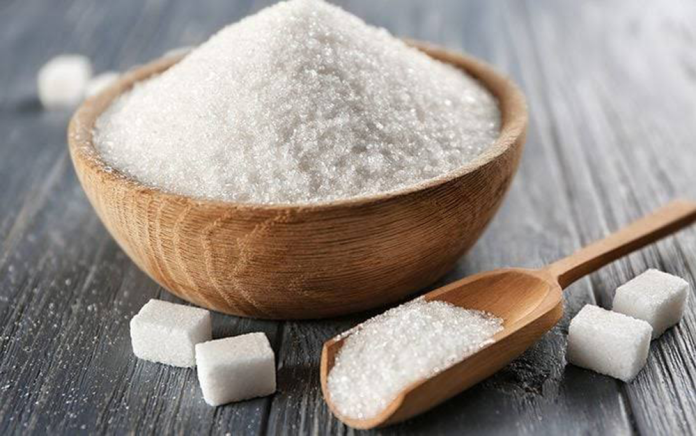After a comprehensive review, the World Health Organization’s International Agency for Research on Cancer (IARC) and the Food & Agriculture Organization’s Joint Expert Committee on Food Additives (JECFA) have once again concluded that aspartame is a safe ingredient in foods and beverages.
Consequently, the WHO has made no change to the current Acceptable Daily Intake (ADI) levels of aspartame.
The rigorous review concluded that there was there was “no sufficient reason” to change the previously established ADI levels. They “therefore reaffirmed that it is safe for a person to consume within this limit per day”.
This robust conclusion from the WHO supporting the safety of aspartame is based on a foundation of extensive scientific evidence, with more than 40 years and over 100 studies supporting the safety of aspartame. Furthermore, the WHO’s safety decision is aligned with more than 90 food safety authorities around the world, including the US FDA, the European Food Safety Authority, the UK Food Standards Authority, Health Canada and Food Standards Australia New Zealand, among others.
Since JECFA is global equivalent of regulators such as food safety agencies such as EFSA and the US FDA, it is the appropriate body to make an informed public health decision about the use of aspartame. It considered the totality of evidence for all potential health outcomes, assessed the risk to human health and gave appropriate weight to high-quality evidence.
The IARC carried out a comprehensive and overlapping review on the safety of aspartame, although its review was a more limited “hazard identification”. The IARC classified aspartame as a level “2B” carcinogen, in other words “possibly carcinogenic to humans”, and this falls in the same category as aloe vera and pickled vegetables.
International Council of Beverage Associations (ICBA) President Kate Loatman applauded the WHO and FAO finding:
“This definitive conclusion by the world’s leading health and food safety experts once again affirms that aspartame is safe. After rigorous review, this landmark WHO and FAO finding further strengthens confidence in the safety of aspartame and will play a vital role in informing consumers as they consider all options to reduce sugar and calories in their diets. JECFA’s comprehensive conclusion that aspartame is safe builds on the overwhelming weight of scientific evidence for more than four decades, as well as positive determinations by food safety authorities in more than 90 countries.”
International Sweeteners Association Secretary-General Frances Hunt-Wood applauded the WHO’s reaffirmation of aspartame’s safety by its leading scientific body responsible for evaluating the safety of food additives:
“JECFA has once again reaffirmed aspartame’s safety after conducting a thorough, comprehensive and scientifically rigorous review. Aspartame, like all low/no calorie sweeteners, when used as part of a balanced diet, provides consumers with choice to reduce sugar intake, a critical public health objective.”
President of the US-based Calorie Control Council Robert Rankin welcomed the ruling:
“The JECFA ruling not only confirms the four decades of science concluding aspartame is safe but also provides real-life context around the safe consumption of this ingredient. In order to reach JECFA’s conservative ADI estimates, the average 150 lb. person would need to consume about 14 12-oz cans of diet beverages or about 74 packets of aspartame-containing tabletop sweetener every day over the course of their life to raise any safety concern. Obviously, that level of consumption is not realistic, recommended, nor is it aligned with the intended use of these ingredients.”
Consumers can have confidence that their foods and beverages are safe.


